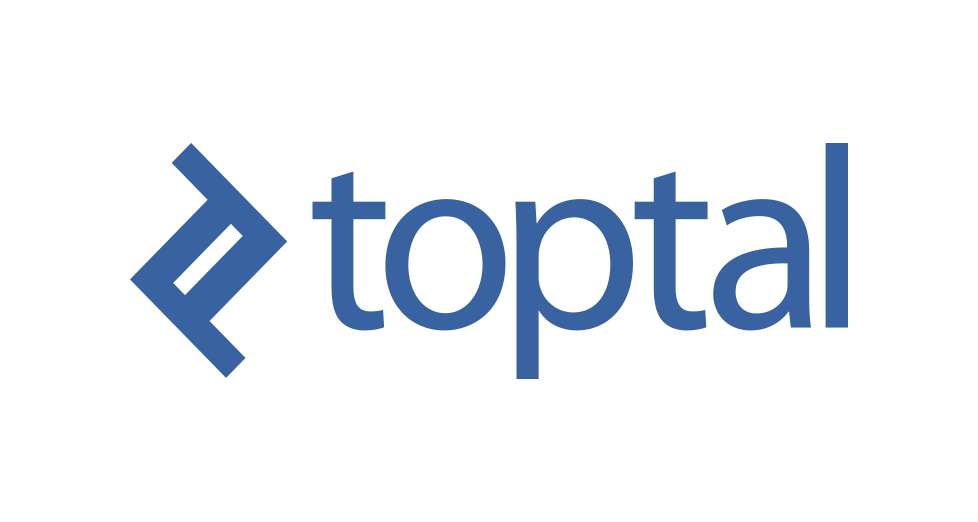
One thing is certain, we all have to work.Sometimes we grow weary or uninterested in what we spend the lion’s share of our hours doing, and according to the Bureau of Labor Statistics we’ll have ten different jobs before age forty on average. For professional roles, we can expect to change careers 5-7 times, and even more surprisingly approximately 30% of the total workforce will now change jobs every 12 months!
If you’ve been listening to the Crypto101 podcast for a while, the thought may have already occurred to you: maybe a career move to the blockchain is something I should explore. If it hasn’t until now, join Matthew Aaron for his interview with Luka Horvat — head of talent operations at Toptal. Luka’s agency specializes in connecting programmers and designers with clients searching for expertise in blockchain applications.
Currently there is a surge in the growth of blockchain companies, which Toptal indicates has resulted in a 700% increase in demand for relevant talent. The explosive growth this subset of the technology sector coincides with a massive influx of investment which supports these projects in their most nascent stages. In other words, it’s an opportune time to enter the field.
New projects are launching daily and require skilled coders to bring concepts to fruition. Just as in the early days of the internet (where people with a working knowledge of HTML were indispensable), blockchain coders have become utterly essential and in high demand.
What do you need to know to become in-demand in this field, however?
Firstly, Luka suggests that a firm grasp of coding fundamentals is necessary. There are many routes to this destination such as traditional university-based study, utilizing self-instruction via online or book-format tutorials or even YouTube videos. Next, a good understanding of distributed systems and cryptography are necessary to cement the foundation on which blockchain coding is built. The key thing to remember is that it is not the method by which this information is obtained but rather that a candidate has a firm grasp and working ability to employ it.
To move beyond the general to the specific, there are several specific blockchain programming languages to specialize in. Among the most utilized (as of the time of this writing) Hyperledger and the smart contract language Solidity Aspiring coders would also do well to check out the Ethereum Enterprise Alliance.
When it comes to these specific areas, there are little to no formal resources to draw from — this technology is extremely new and changes so rapidly that book and course-based forms of instruction simply aren’t able to be developed quickly enough. Those wishing to get their hands dirty will spend their time more productively getting involved with communities that are actively working on projects. It may be wise to make note of the fact that most blockchain development is focused on backend services rather than user interface, and the latter could potentially be an area of particularly profitable expertise.
Luckily, the vast majority of blockchain development is open-source! Developers can be reached and collaborated with, and newcomers eager to assist are usually welcome. Telegram and Github are good resources to find community projects that are ripe for extra help.
The most important aspect in becoming employable in the blockchain field is to find one particular skill area and to become an expert in it. Projects are seeking practical, real-world solutions and functional implementations rather generalist approaches to blockchain.
Once you feel comfortable with the aforementioned, it is time to look for that potential next employer. Topal utilizes a mixture of online exams and live interviews to vet candidates and is able to match competent individuals with up-and-coming teams. Applicants should be prepared to navigate several dozen questions and to submit a final working blockchain project (your choice) to demonstrate the functional application of that skill set.
Finally, Luka astutely points out that paying attention to what large institutional entities are working on to implement blockchain technology with their existing or developing services. These are likely the best prospect for long-term employment due to longevity and resources available to them.
Thanks again to Luka at Toptal for his insights around taking those first steps toward a new career path in blockchain technology. Check out his interview with Matthew on the Crypto101 podcast HERE.